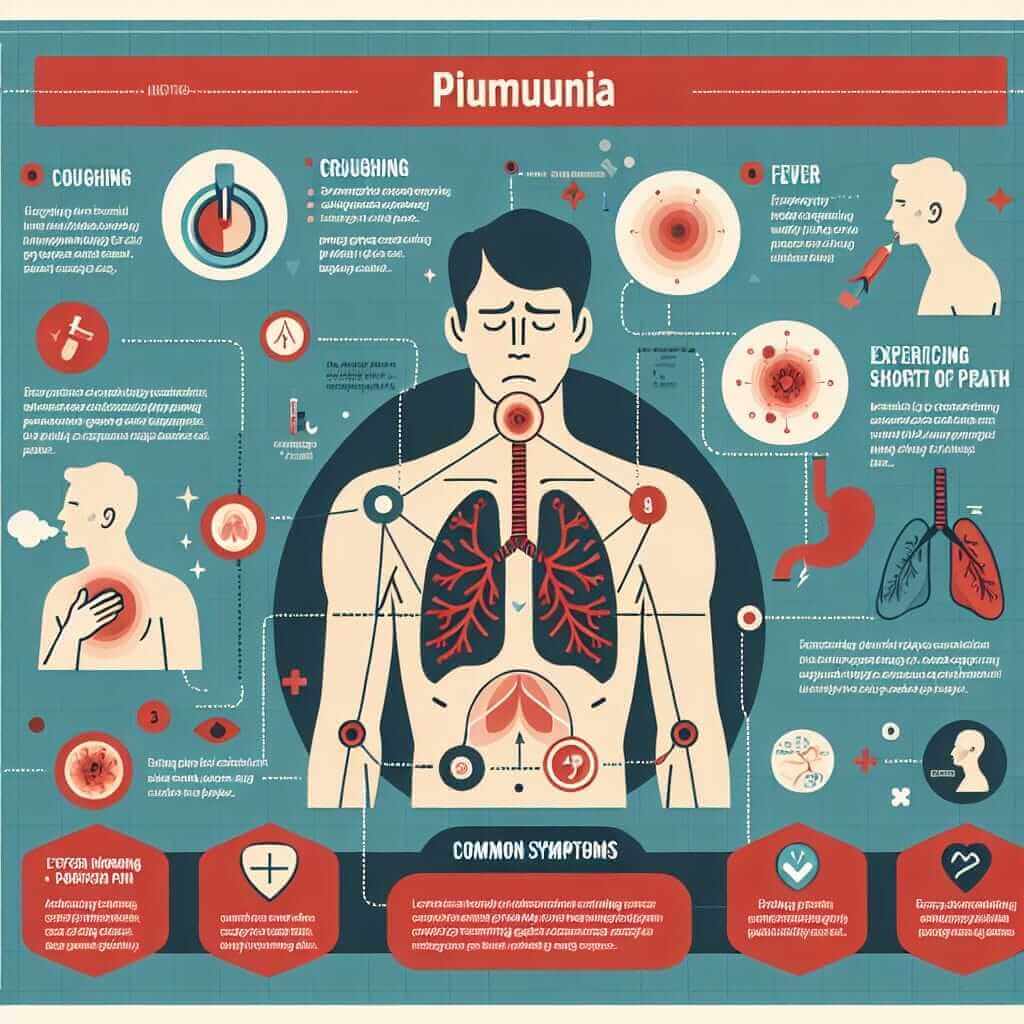The word “tuberculosis” (/tuːˌbɜːrkjʊˈloʊsɪs/), often abbreviated as TB, is a noun that frequently appears in the IELTS exam, particularly in the Listening and Reading sections, and can also be relevant for the Writing and Speaking sections when discussing health topics. It refers to a serious infectious disease that primarily affects the lungs. To excel in the IELTS exam, it’s crucial to not only understand the meaning of “tuberculosis” but also to be familiar with related vocabulary and how to use these terms appropriately in different contexts.
Nội dung bài viết
Here are some synonyms and related terms for “tuberculosis”:
- Consumption: (noun) /kənˈsʌmpʃən/ An older term for tuberculosis. Example: In the 19th century, consumption was a leading cause of death.
- Phthisis: (noun) /ˈfaɪsɪs/ A more technical and less common synonym for tuberculosis. Example: Phthisis is characterized by the formation of tubercles in the lungs.
- Infectious disease: (noun) /ɪnˈfɛkʃəs dɪˈziz/ A general term for illnesses caused by pathogens that can spread from person to person. Example: Tuberculosis is a highly contagious infectious disease.
- Respiratory illness: (noun) /ˈrɛspərətɔːri ˈɪlnəs/ A class of diseases that affect the lungs and airways. Example: Smoking increases the risk of developing respiratory illnesses like tuberculosis.
- Pulmonary: (adjective) /ˈpʌlməˌnɛri/ Relating to the lungs. Example: Tuberculosis primarily affects the pulmonary system.
Tuberculosis: Meaning, Pronunciation, and Usage
“Tuberculosis” can be a tricky word to pronounce due to its length and syllable structure. Practice saying it aloud, breaking it down by syllables: tu – ber – cu – lo – sis.
Remember that it is a noun and usually used in the context of health and disease.
 Tuberculosis in Lungs
Tuberculosis in Lungs
“Tuberculosis” in the IELTS Exam
Listening and Reading Sections
You are likely to encounter “tuberculosis” and related terms in passages or audio recordings about:
- Global health issues: The IELTS exam frequently covers topics like epidemics, pandemics, and diseases prevalent in developing countries.
- Public health campaigns: Texts might discuss initiatives to raise awareness about tuberculosis, promote prevention strategies, or improve treatment access.
- Historical perspectives on disease: You might come across passages about the history of tuberculosis, past treatments, or its impact on society.
Writing and Speaking Sections
While less common, you might need to use “tuberculosis” in the Writing Task 2 (essay) or Speaking Part 3 if the topic is related to health:
- Discussing the challenges of infectious diseases.
- Suggesting solutions to global health problems.
- Analyzing the effectiveness of public health programs.
Sample IELTS Usage
Listening:
- “The lecture will focus on the epidemiology of tuberculosis and strategies for its control.”
Reading:
- “Despite advances in medical science, tuberculosis remains a major public health concern, particularly in resource-limited settings.”
Writing Task 2:
- “Tuberculosis continues to pose a significant threat to global health, highlighting the urgent need for increased funding for research, prevention, and treatment programs.”
Speaking Part 3:
- “One of the biggest challenges in eradicating tuberculosis is ensuring that patients have access to affordable and effective medication.”
Collocations with “Tuberculosis”
- Diagnose tuberculosis: Doctors can diagnose tuberculosis using a variety of tests.
- Treat tuberculosis: Tuberculosis is treatable with a course of antibiotics.
- Prevent tuberculosis: Vaccination and public health measures can help prevent the spread of tuberculosis.
- Tuberculosis infection: A person can be infected with tuberculosis without showing any symptoms.
- Tuberculosis epidemic: In some parts of the world, tuberculosis is considered an epidemic.
Idioms and Expressions
While there aren’t many idioms directly related to “tuberculosis,” here are a few expressions related to illness and health that could be useful:
- Fit as a fiddle: To be in very good health. Example: Despite his age, he’s still as fit as a fiddle.
- Back on one’s feet: To be healthy again after an illness or injury. Example: After weeks of being sick, I’m finally back on my feet.
- Under the weather: Feeling slightly ill. Example: I’m feeling a bit under the weather today, so I might not go to work.
Conclusion
Mastering the vocabulary related to “tuberculosis” is essential for achieving a high score on the IELTS exam. By understanding the word’s meaning, pronunciation, usage in different contexts, and its common collocations, you can demonstrate your language proficiency and knowledge of health-related topics. Continue to practice using these terms in your writing and speaking to build confidence and fluency.


